In this article, we will explore the various internet options available for RV owners. As more and more people are embracing the freedom and flexibility of RV travel, the need for reliable internet connectivity on the road has become increasingly important. Whether you are a full-time RVer or just enjoy the occasional road trip, having a stable internet connection can enhance your overall experience and make life on the road much more convenient. Join us as we dive into the different RV internet options and help you find the best solution for your needs.
RV Living Internet Selection Criteria
When it comes to choosing an internet service provider for your RV living, there are several key criteria that you should consider. These criteria will help ensure that you have a reliable and high-speed internet connection no matter where your RV takes you.
1. Coverage: One of the most important factors to consider is the coverage area of the internet service provider. Since RV living often involves traveling to various locations, you’ll want to choose a provider that has a wide coverage area. Look for providers that have coverage in the areas you are likely to visit or travel through.
2. Speed: Another crucial factor to consider is the speed of the internet connection. RV living requires a fast and reliable internet connection for work, entertainment, and staying connected with loved ones. Look for providers that offer high-speed options and confirm their advertised speeds by reading reviews or checking with other RVers.
3. Data Limits: As an RV traveler, you’ll likely be using the internet for activities like streaming, video calling, and online gaming. Therefore, it’s important to consider the data limits imposed by the internet service provider. Look for providers that offer generous or unlimited data plans to avoid any unexpected fees or service interruptions.
4. Mobile Options: Since you’ll be on the move, having a mobile internet option is essential. Consider providers that offer mobile hotspots or dedicated mobile plans that allow you to stay connected even when you’re away from a traditional internet connection.
5. Pricing: While cost should never be the sole factor in your decision-making process, it’s important to consider the pricing options offered by different providers. Compare prices and plans to ensure you are getting the best value for your money without sacrificing quality or coverage.
By considering these criteria, you can make an informed decision and choose the best internet service provider for your RV living needs. Remember to research and read reviews of different providers to ensure that they have a reputation for reliability and customer satisfaction. With a reliable internet connection, you can continue to enjoy the freedom and flexibility of RV living while staying connected to the world.
Internet Options for RV Living
When it comes to choosing the right internet options for RV living, there are several factors to consider. Being able to stay connected and access the internet while on the road is crucial for many people who live the RV lifestyle. But with so many options available, it can be overwhelming to figure out which one is the best fit for your needs.
One option to consider is a mobile hotspot. This is a device that uses cellular data to create a Wi-Fi network that you can connect your devices to. Mobile hotspots are convenient because they are portable and can be used anywhere there is cellular service. However, keep in mind that you will need to have a data plan with a reliable cellular provider.
Another option is satellite internet. Satellite internet works by connecting to a satellite in space, allowing you to have internet access no matter where you are. This is a great option for RVers who travel to remote areas where cellular service may be limited. However, satellite internet can be more expensive and may have slower speeds compared to other options.
Some RV parks and campgrounds offer Wi-Fi access to their guests. This can be a convenient option if you are staying in one location for an extended period of time. However, keep in mind that the quality and reliability of campground Wi-Fi can vary greatly. It’s always a good idea to research the campground’s internet capabilities before making a reservation.
Lastly, you may also consider a combination of different options. For example, you could use a mobile hotspot for everyday use and rely on campground Wi-Fi when available. This can help you have a backup plan if one of your internet options is not working properly.
Tips to Get the Most Out of Your RV Internet
Having reliable internet access while traveling in your RV can greatly enhance your overall experience. Whether you need to stay connected for work, stay in touch with loved ones, or simply stream your favorite shows and movies, a strong and stable internet connection is essential. In this article, we will provide you with some valuable tips to help you get the most out of your RV internet.
1. Choose a reliable internet provider: Research different internet service providers (ISPs) in the areas where you plan to travel. Look for providers that offer coverage in remote or rural areas, as well as plans specifically designed for RV or mobile use. Compare prices, speeds, and data limits to find the best option for your needs.
2. Invest in a quality mobile hotspot device: A mobile hotspot device acts like a portable router, allowing you to connect multiple devices to the internet using cellular data. Look for a device that supports the latest networking standards and provides a strong and stable connection. Consider factors such as battery life, coverage range, and the number of supported devices.
3. Enhance your signal with an external antenna: In some remote or low signal areas, your mobile hotspot device may struggle to provide a reliable connection. Investing in an external antenna can help boost your signal strength and improve your overall internet experience. Look for antennas that are compatible with your mobile hotspot device and offer a high gain for maximum signal reception.
4. Monitor and manage your data usage: RV internet plans often come with data caps or limits. To avoid unexpected data overages or slowdowns, monitor your data usage regularly. Many mobile hotspot devices offer built-in data tracking features, allowing you to keep an eye on your usage. Additionally, you can use apps or software to track data consumption on individual devices and adjust your browsing habits accordingly.
5. Utilize Wi-Fi boosters and extenders: If you frequently stay at RV parks or campgrounds with Wi-Fi access, but struggle to get a strong signal, consider investing in Wi-Fi boosters or extenders. These devices amplify and extend the range of existing Wi-Fi networks, allowing you to access a stronger signal from the comfort of your RV. Look for models that are easy to install and offer reliable performance.
6. Consider satellite internet as an alternative: In areas with limited cellular coverage, satellite internet can be a viable option. There are various providers that offer satellite internet for RVs, providing coverage in even the most remote locations. Keep in mind that satellite internet may have higher latency and slower speeds compared to traditional cellular-based options.
By following these tips, you can ensure that you get the most out of your RV internet and stay connected wherever your travels may take you. Remember to research and plan ahead to find the best internet solution for your specific needs and locations. Happy browsing!
Alternatives for RV Internet
When it comes to staying connected while on the road in your RV, having reliable internet is essential. But what options are available when you’re away from traditional Wi-Fi networks? Luckily, there are several alternatives for RV internet that can keep you connected no matter where your travels take you.
One option is to use a mobile hotspot device. These devices use cellular data networks to provide internet access to your RV. You can either connect your devices directly to the hotspot or use a Wi-Fi router to create a local network within your RV. Mobile hotspot devices are typically easy to set up and offer fast and reliable internet speeds, making them a popular choice for RVers.
Another option is to use a satellite internet system. These systems use satellite technology to connect your RV to the internet. While satellite internet can be more expensive than other options and may have slower speeds, it is a good choice for RVers who frequently travel to remote or rural areas where traditional internet connections may not be available.
If you prefer a more budget-friendly option, you can consider using public Wi-Fi networks. Many RV parks, campgrounds, and even some rest stops offer free or inexpensive Wi-Fi access. Keep in mind that public Wi-Fi networks may not always be reliable or secure, so it’s important to take precautions such as using a virtual private network (VPN) to protect your data.
Lastly, you can also consider using a combination of these options. For example, you could use a mobile hotspot device as your primary internet source and rely on public Wi-Fi networks as a backup or for additional data when needed.
Conclusion
In conclusion, choosing the right internet options for RV living depends on your specific needs and travel plans. Whether you go with a mobile hotspot, satellite internet, campground Wi-Fi, or a combination of options, staying connected while on the road is easier than ever before.



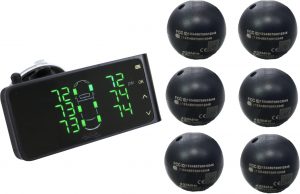


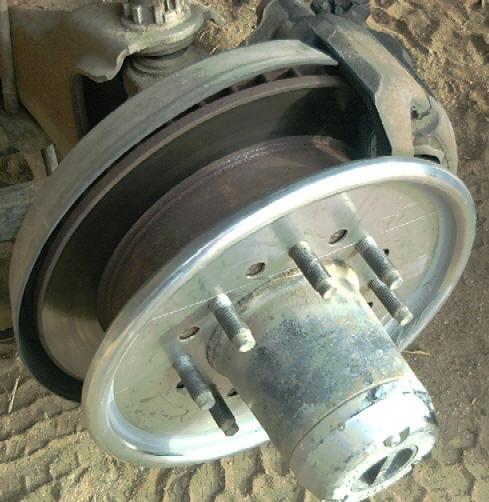
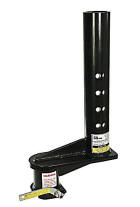



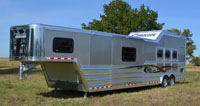
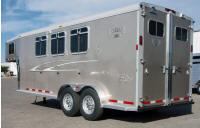
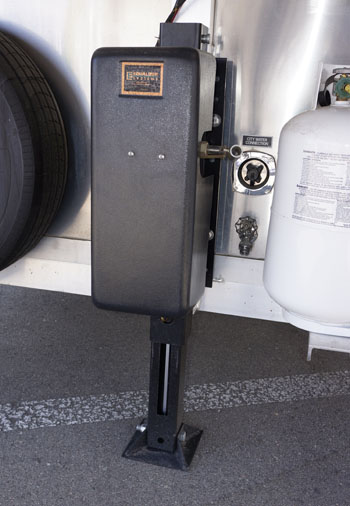

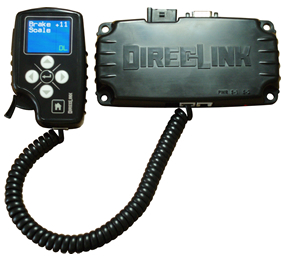


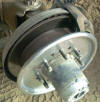 Automatic Tire Balancers for Trucks and Trailers25% to 50% longer tire life,
Automatic Tire Balancers for Trucks and Trailers25% to 50% longer tire life,  Automated Safety Hitch
Automated Safety Hitch 
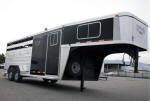

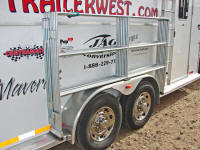



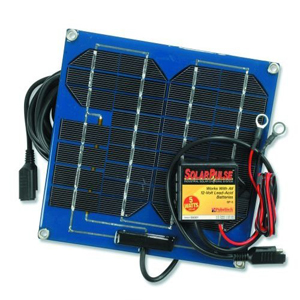



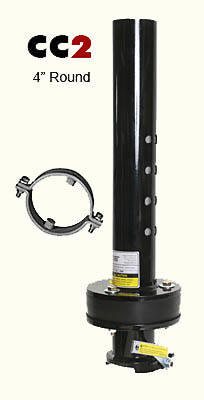 Popup Cushion Coupler Happy Horses Smooth Trailers
Popup Cushion Coupler Happy Horses Smooth Trailers
